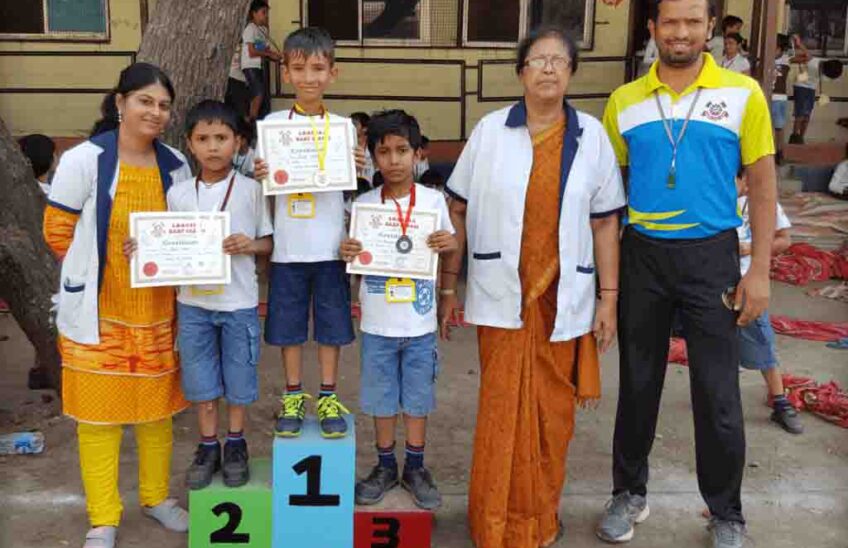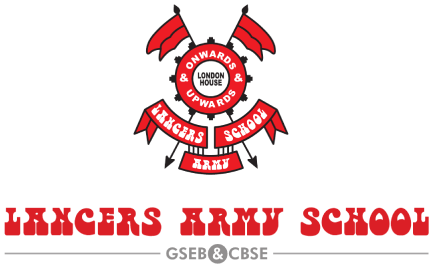
What is communication?
Communication is the process of exchanging information or ideas between two or more individuals or entities. It involves a sender transmitting a message through a chosen medium such as speech, writing, or gesture to a receiver, who then interprets and responds to the message. Effective communication requires both parties to understand the same language or code, and to share a common context or frame of reference.
Communication’ refers to the mutual interaction of two or more people. Without communication and mutual understanding, life ceases to exist. When it comes to ensuring that things are going in the correct direction and progressing in the right direction, effective communication skills are essential. As a result, it is critical that we enhance our communication abilities, whether verbal or written.
Importance of communication skills
Communication skills are essential for students to succeed academically, socially, and professionally. Here are some reasons why communication skills are important for students:
1. Academic success: Communication skills are essential for academic success. Students need to be able to communicate their ideas effectively in order to participate in class discussions, give presentations, and write papers.
2. Career readiness: Good communication skills are critical for career success. Employers value candidates who can communicate clearly and effectively, and students who can demonstrate these skills have an advantage in the job market.
3. Social and emotional development: Communication skills are also important for social and emotional development. Students who can communicate effectively are better able to form positive relationships with their peers and teachers, and are more likely to have positive self-esteem.
4. Critical thinking: Communication skills are closely linked to critical thinking skills. Students who are able to communicate effectively are better able to analyse and evaluate information, and to develop and express their own ideas.
5. Cultural competence: Effective communication skills also require an understanding of different cultures and perspectives. Students who can communicate effectively across cultural boundaries are better prepared to navigate a diverse world.
Benefits of communication skills
Communication skills are essential for CBSE students as they offer numerous benefits both inside and outside the academic environment. Here are some key benefits of developing strong communication skills:
1. Academic success: Effective communication is crucial for academic success. Students with strong communication skills can express their ideas clearly and concisely, making it easier for them to participate in class discussions, ask questions, and seek help when needed. They can also present their thoughts and arguments persuasively, leading to better grades on presentations, papers, and exams.
2. Collaboration and teamwork: Communication skills play a vital role in collaborative projects and group work. Students who can communicate effectively can express their viewpoints, actively listen to others, and contribute constructively to team discussions. This fosters a positive and productive group dynamic, enhancing the overall quality of the project and the learning experience.
3. Building relationships: Communication skills are essential for establishing and maintaining relationships with peers, teachers, and mentors. Effective communication helps students connect with others, express empathy, resolve conflicts, and establish a supportive network. Strong interpersonal skills enable students to form meaningful relationships that can positively impact their academic and personal lives.
4. Confidence and self-expression: When students possess good communication skills, they feel more confident expressing their thoughts, ideas, and opinions. They are more likely to actively participate in class, share their perspectives, and engage in discussions. This confidence extends beyond the classroom and can lead to better overall self-expression, both verbally and in written form.
5. Critical thinking and problem-solving: Communication skills are closely linked to critical thinking and problem-solving abilities. Effective communication requires organising thoughts, analysing information, and articulating arguments. By honing their communication skills, students develop better reasoning and analytical skills, enabling them to approach complex problems more systematically and find creative solutions.
6. Career readiness: In the professional world, strong communication skills are highly valued by employers. Preschool students who possess effective communication skills have a competitive edge when entering the job market. They can effectively convey their qualifications, collaborate with colleagues, and interact with clients and customers. Good communication skills are often considered a fundamental requirement for leadership roles and career advancement.
Frequently Asked Questions
Q. How can students develop their communication skills?
A. From reading books and articles to practising public speaking and active listening, students can use these strategies to become more effective communicators. With dedication and practice, students can become confident communicators who know how to express themselves clearly and effectively.
Q. How can effective communication skills help in a professional environment?
A. Effective communication is the foundation of success in any professional environment. It is essential for building relationships, developing trust, and creating understanding among colleagues. With effective communication skills, professionals can express their ideas clearly and effectively to their peers, superiors, and customers.
Q. How can teachers help their students develop strong communication skills?
A. As educators, they can use a variety of strategies to help their students become better communicators. From providing feedback on written assignments to encouraging active listening during conversations, there are many ways that teachers can help their students hone their communication skills. By teaching these skills early on, CBSE teachers can ensure that their students have the tools they need to succeed in both academic and professional settings.



Leave a Reply